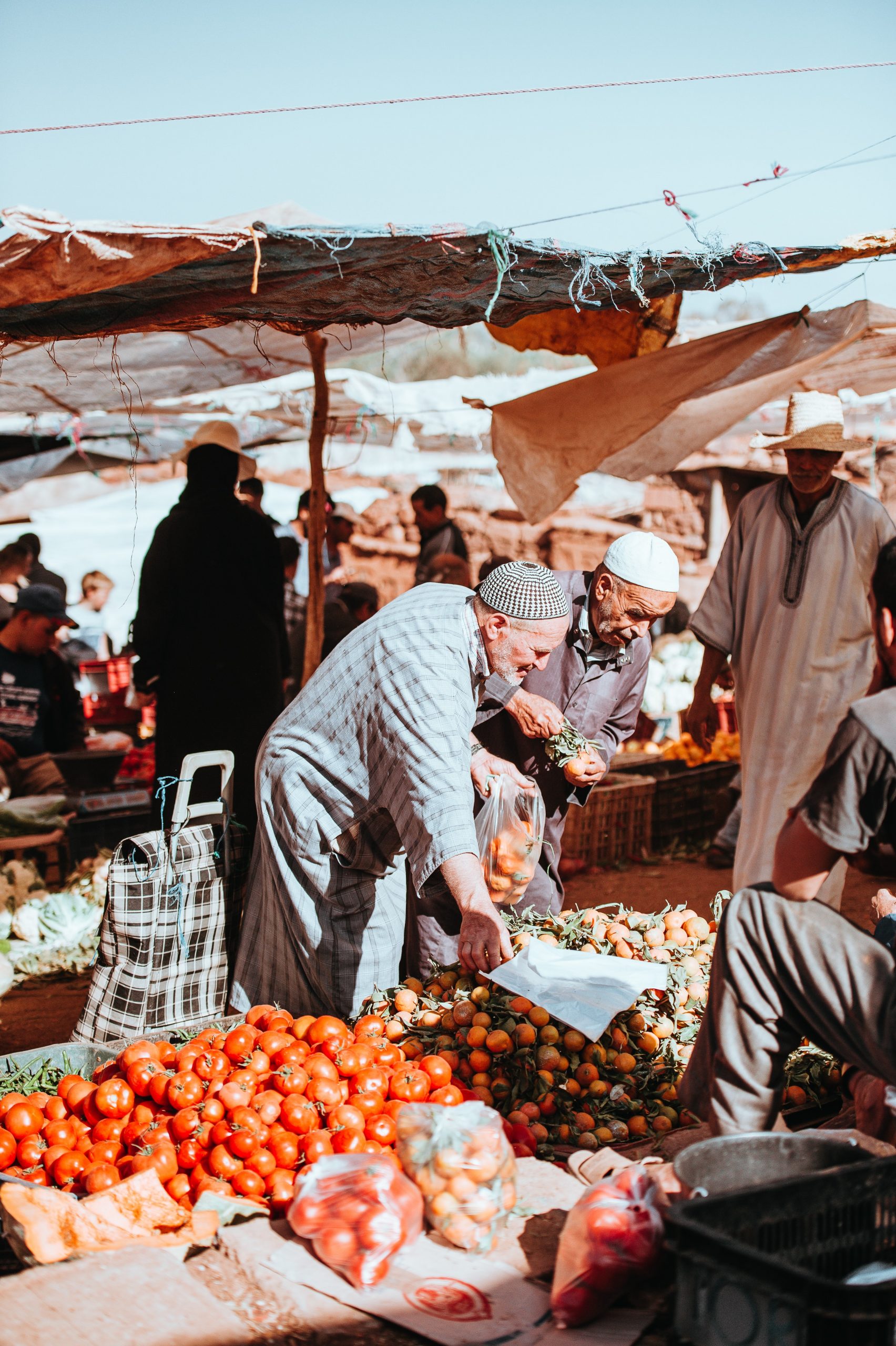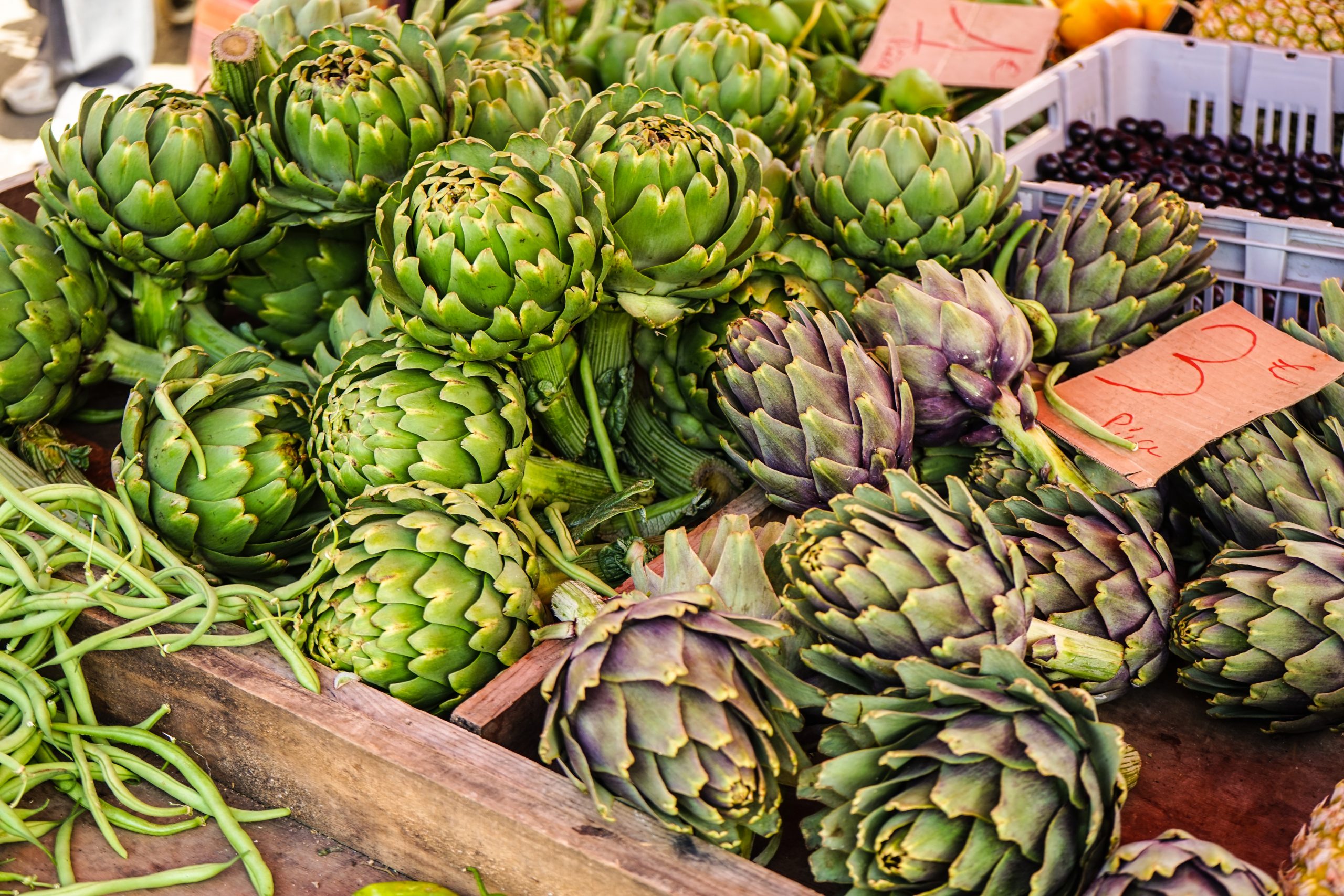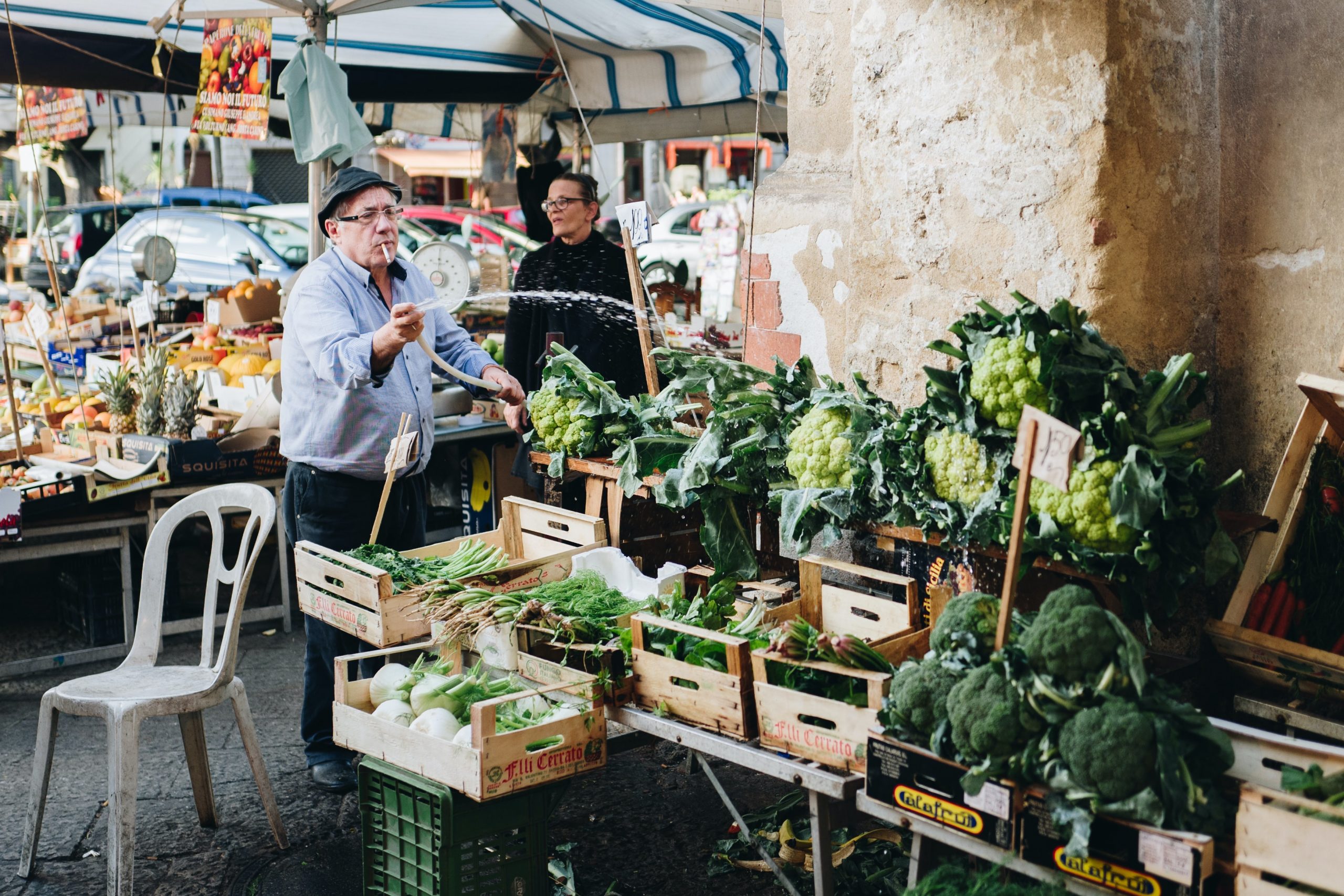What does it mean to be a conscious citizen? In her monthly column, senior strategic leader in sustainable and international development, Natasha Hafez explores and expounds on precisely that. Join in her journey towards humanity with purpose.
As a bustling hub of culture, farmers’ markets expand our palettes by indulging us with a sweet taste of the locals’ life and place a finger on the pulse of their community. When I have found the highest quality of certified organically grown, deliciously sweet, and succulent cherries, I know I must be in California!
Farmers’ markets are the seasons, smells, and flavours that define a location. The ultimate cherry on top? They advance ‘Zero Hunger’ – a pledge made in 2015 by the United Nations’ General Assembly for a concerted action to end hunger, improve nutrition, and promote sustainable agriculture by 2030 – and offer a solution to pump food security back into a post-COVID devastated world.
With restaurant and school closures in effect for extended periods of time, home-cooked meals became increasingly common. Panic-stricken shoppers hoarding supplies often left supermarket shelves picked clean and empty. These behavioural new norms have resulted in a sudden and continued increase in demand for local farm goods.
Behind the vibrant scene in and of itself, where humble food vendors sample fresh heirloom varietals in Barcelona’s La Boqueria, frenetic fishmongers toss fish in Tokyo’s Tsukiji, and customers haggle for lower prices in Cairo’s Khan el-Khalili, food and farmers’ markets take sustainability even further this year. By ensuring smallholder farmers increase food production whilst providing an outlet where everyday consumers have access to support local business and agriculture, sustainability is at the centre of market activities.
90% of the world’s farms are small, in rural areas, and operated by families that are low income and food insecure. They farm their land and produce food for a substantial portion of the world’s population. So, when a crisis, such as the COVID-19 pandemic hits, extreme measures that need to be taken to limit the spread of the virus (e.g., restaurants shutting down, isolation and lockdowns, etc.) inevitably cause major disruptions within the global food trade and supply chain. Transportation delays and bottlenecks in the flow of goods and services within the agricultural sector affect the most vulnerable populations and ecosystems that the world relies on for food.
According to the World Food Programme and United Nations, the COVID-19 pandemic delivered a heavy blow to economic activities worldwide, spawning an employment crisis that forced an additional 131 million people into poverty and 270 million people into acute food insecurity. With incomes drying up and food systems disrupted, the scale and impact of these challenges are expected to increase.
The food system is a multifaceted network of people, processes, and technologies that work together to source the food we eat. It often includes the farmer, delivery truck, salesclerk, consumer, and others in between. In order to manage the threefold challenge of producing more food, creating more jobs, and enhancing our natural resources, there is a need for competitive and sustainably productive farms.
Smallholder farmers lie at the heart of the solution, spurring economic development and a cycle towards global food security. Environmentally sound farming practices support healthy plants, which in turn helps improve land quality (instead of degrading its natural resources with pesticides and fertiliser runoff). This in turn helps improve livestock, which then increases production of nutritious food for local consumers, who in turn provide the money necessary to sustain the farmers and their equipment. Additionally, shopping local can help mitigate climate change by reducing transportation congestion and limiting the consumer and seller’s carbon footprint, as most farmers sell within 50-200 miles of their farms. Strengthening food production and distribution systems is essential to fighting hunger, minimising pollution, and tackling diseases where they emerge in humans, animals, plants, or the environment.
But the farmers cannot do it alone, what they need first is our consumer demand. As small as it may seem, supporting farmers’ markets is a global investment. By making conscious decisions to support local merchants, we embrace our local economies, thereby preserving existing jobs and empowering our communities, our neighbours, and ourselves to grow and thrive. The quality of these local services translates directly into a community’s long-term strength, its schools, service providers, and its ability to adapt to the disruptions imposed by a crisis or pandemic.
Whether your next recipe calls for manuka-lavender honey, ceremonial-grade Japanese matcha, or a gallon of milk, ask yourself if the ingredients needed for sustainable, visible change could be at your nearest local farmers’ market. If so, consider making a beeline for it; you may just find that the proof is in the pollen!
Yours,
The Conscious Citizen

























Any Questions or Tips to add?